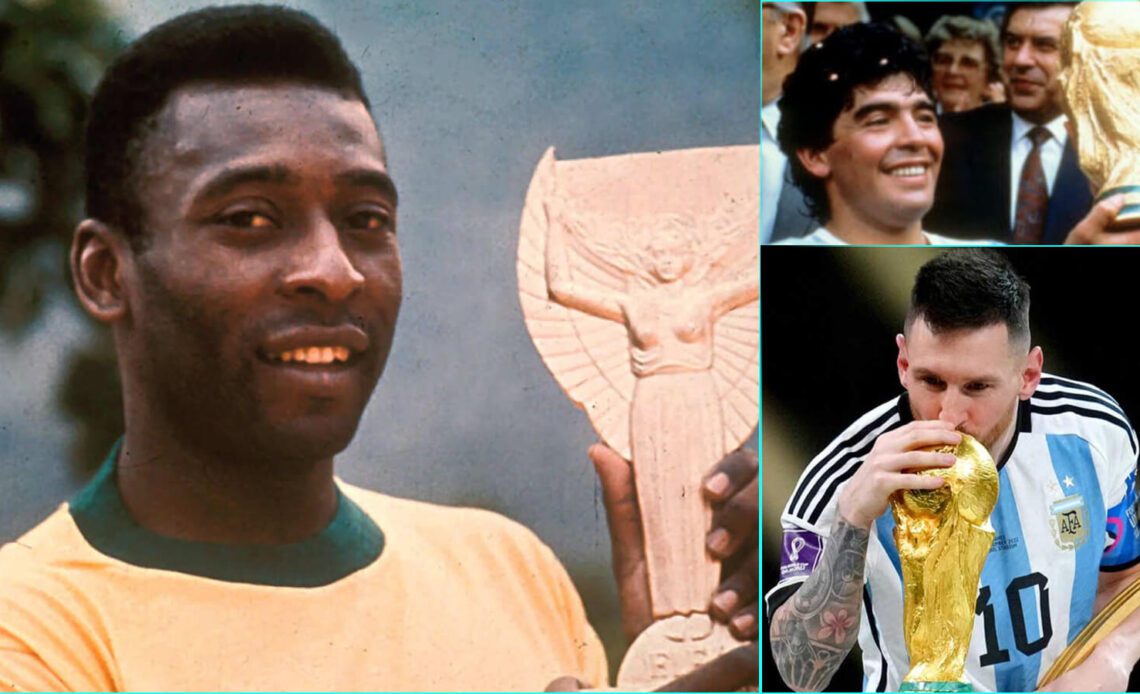The number 10 has become an elusive creature, one perilously close to extinction. Where is our next star playmaker coming from?
Modern football doesn’t seem to have the shape or structure for a player who can change a game. Those who found time to stop, to take that crucial half-beat when under pressure. Zidane, Laudrup, Platini and Bergkamp all took that extra half-second to out-think an opponent before laying off the killer pass.
The EPL now seems tied to the Cruyff/Guardiola/Klopp/Arteta/Ten Hag seam, the fast-moving high press. Where do the thinkers get time to evaluate the shape of a game? Could it be a cultural thing? The vast amounts of money swirling around? The conveyor belt of managers replaced every two weeks? For the number 10 to survive we need stability; we need safe environments where players are allowed to shine.
The game has morphed into something which expects full-backs to become wingers and overlap opponents and the closest we have now would be the false 9, like Messi at his peak at Barça when he was allowed to cut back into midfield when the side was in possession.
Of course, keen scholars of the game know this is hardly a new thing. It was made famous by the great Hungarian side coached by Gusztáv Sebes, the Mighty Magyars with Ferenc Puskás and Nandor Hidegkuti. Sebes openly gives credit to the likes of Jimmy Hogan, the English coach trailblazing across Europe from 1910 who changed the focus to fitness and ball control and eventually evolved into an attacking midfielder playing behind two attackers.
Surprisingly, the number 10 was snubbed by England’s national coaches. Glenn Hoddle had to move to Monaco to be fully appreciated as a bona fide 10. Ron Greenwood and Bobby Robson considered Hoddle a luxury item. Interestingly Brian Clough was a fan, describing Hoddle’s style of play in the bruised and mud-soaked killing fields of this era as someone who played with moral courage. It would take Arsene Wenger to encourage him to unleash the passes, set-pieces and glorious goals by playing his natural game.
Maradona’s nature and career were defined by his social background. That incredible talent was ring-fenced by cheek and nastiness. There were two Diegos – the loving father, brother and son and then Maradona, the player with otherworldly ability who was almost allowed, expected even, to become a flawed icon. You could not have one without the other. He grew up in abject poverty. Football was an escape.
So here we are…
Click Here to Read the Full Original Article at Football365…

